Let us know how we can help
Sales & Pricing
Speak to a rep about your business needs
Help & Support
See our product support options
General inquiries and locations
Contact usAutomated Data Reconciliation
Automatically compare, validate and correct data across your entire IT ecosystem and avoid the pitfalls of data discrepancies.
Overview
Reconcile for accuracy, automatically
As organizations strive for observability, automated data reconciliation helps to ensure accuracy and consistency across an organization's data landscape. By automatically comparing, validating, and correcting data from various IT assets and topology sources, the processes ensure that businesses can rely on real-time, synchronized data to support decision-making, compliance, and operational effectiveness.
Efficiency
Significantly reduce manual effort, freeing up valuable IT resources for more strategic tasks.
Risk mitigation
Reduce the risks associated with inaccurate data, including compliance risks and the risk of making poor business decisions based on faulty information.
Improved decision making
Make more informed decisions with reliable data, enhancing strategic planning and operational effectiveness.
Enhanced operational visibility
Enable a clear, accurate view of the IT environment for better management and optimization of IT assets.
How it works
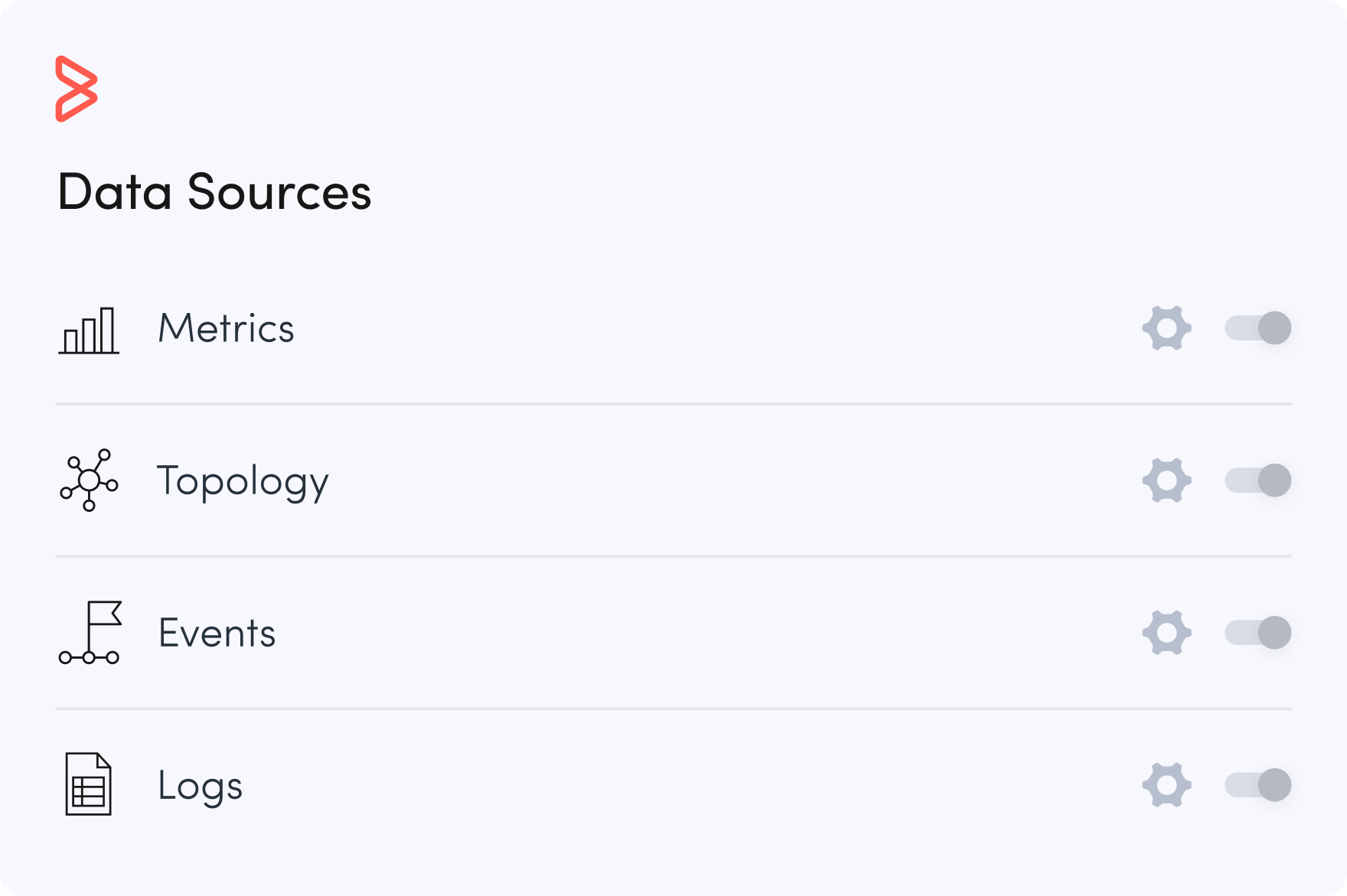
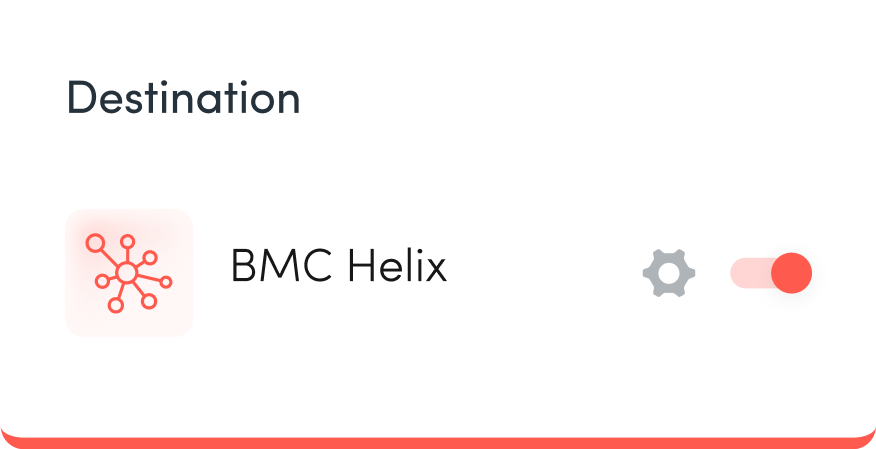
STEP 01
Multi-source data ingestion
Automated data reconciliation begins with multi-source data ingestion, in which the system connects with and scans all IT assets and ingests metrics, events, logs, alerts, and topologies.
This is achieved via a click-and-connect capability that leverages abundant pre-built connectors and an open API that enables integration of data from endless third-party products.
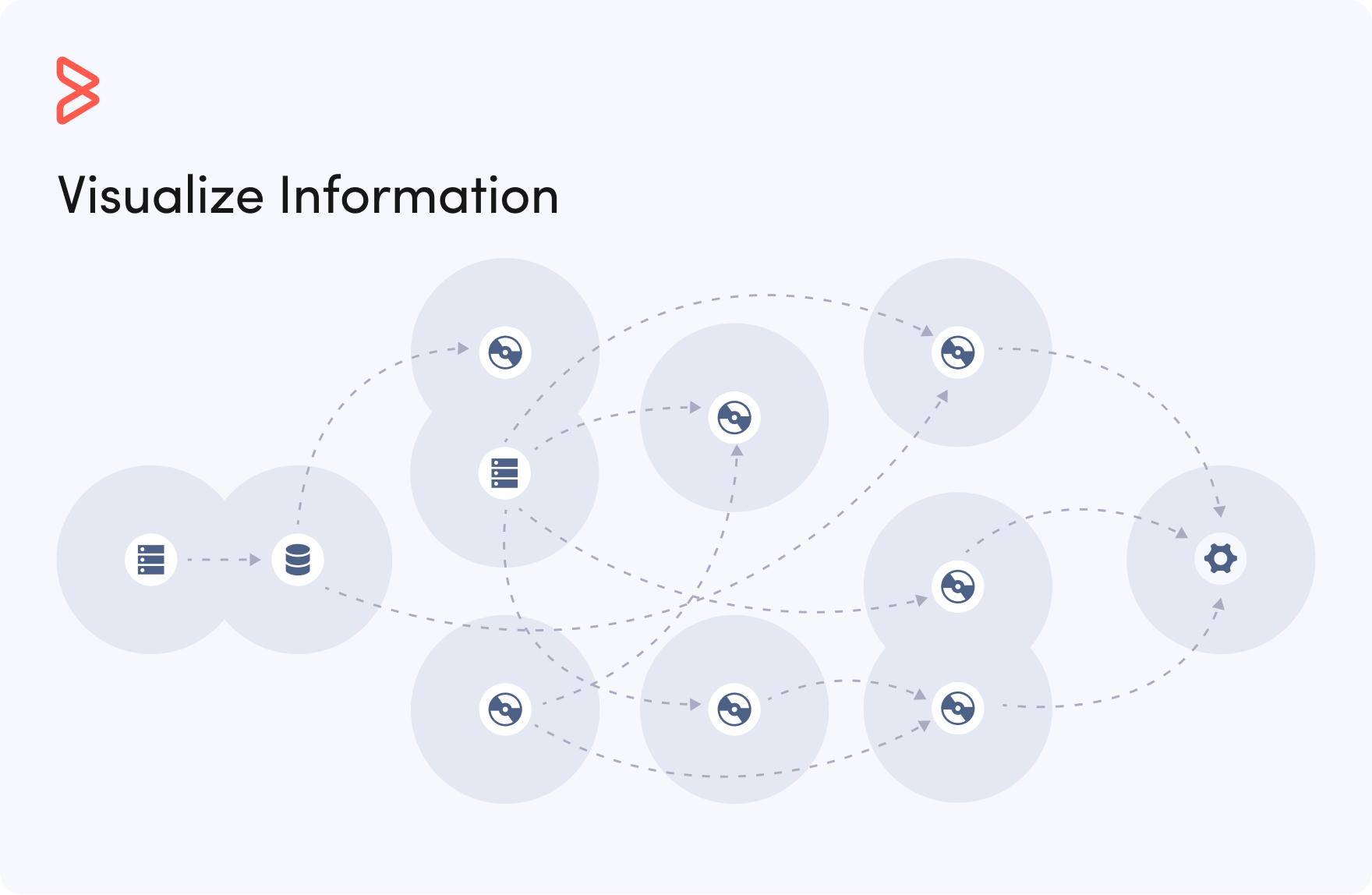
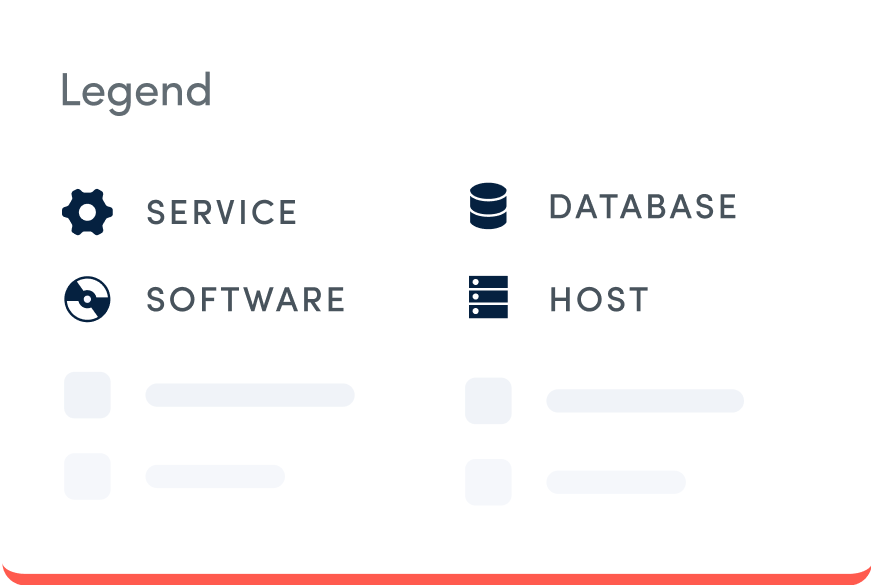
STEP 02
Intelligent reconciliation
Next, discrepancies are automatically identified between the newly discovered data and existing records, aligning standards around how elements are named and how relationships are represented, and resolving issues such as duplication, mismatches in asset attributes, or discrepancies in configuration data. The system automatically updates discrepancies to reflect the most current and accurate information, ensuring that the IT asset database remains consistent and reliable.
Use cases
Cloud Migration
Ensure data consistency across on-premises and cloud environments during and after the migration process.
IT Asset Management
Keep the IT asset inventory up to date, aiding in asset optimization and lifecycle management.
Compliance and Audits
Facilitate compliance with industry regulations by ensuring accurate and consistent data across IT systems.
Change Management
Support effective change management and accurately assess impact of changes by maintaining accurate data on IT assets and configurations.
BMC Solutions
Automated data reconciliation with BMC
BMC Helix Discovery
BMC Helix Discovery leverages advanced discovery techniques and AI-driven insights to bring automated data reconciliation to the forefront of IT asset management.